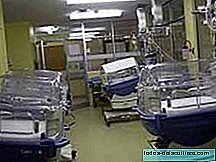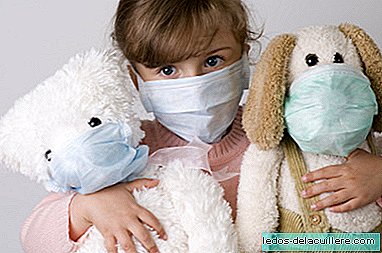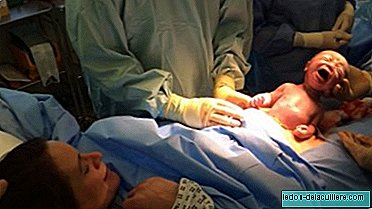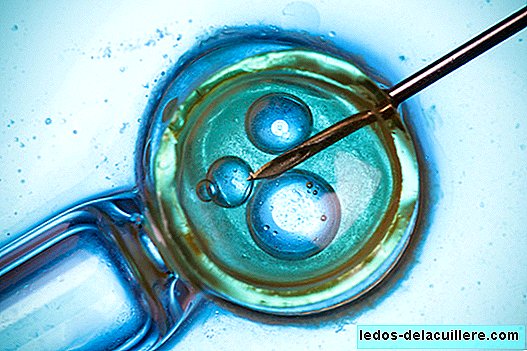
Following the sad news of the death of three premature babies and another in a very serious state because of a bacterium in the Neonatology Service of the Hospital October 12, Madrid, we asked how an infection of this type can influence the health of a premature baby.
Babies born before term have an immune system still immature, unable to defend themselves against external aggressions such as bacteria.
On the one hand, they are very prone to all types of bacteria and on the other they are unable to defend themselves against them. As explained by Dr. José Quero, head of Neonatology at La Paz Hospital. "We have bacteria in our body but we are trained to fight them, but the newborn does not."
That is why premature babies are usually isolated in sterile incubators, to protect them from any germ that could infect them.
When a bacterium enters the baby's organism in some way through the mucous membranes or the skin, in this case it seems to have been through the skin, and it invades the bloodstream a bacterial infection, called sepsis, occurs or septicemia, which puts the baby's life at risk.
In this case, the hospital bacteria that killed the little ones called “klebsiella pneumoniae”, is a bacterium that has been mutated until it becomes resistant to antibiotics making it very aggressive for babies, especially for the most defenseless of just between 500 grams and a kilo of weight.
As reported, the cause of the deaths has been a septic shock, which is a decrease in vital signs due to infection that has spread throughout the body, resulting in a decrease in the function of the heart and other organs. main.












